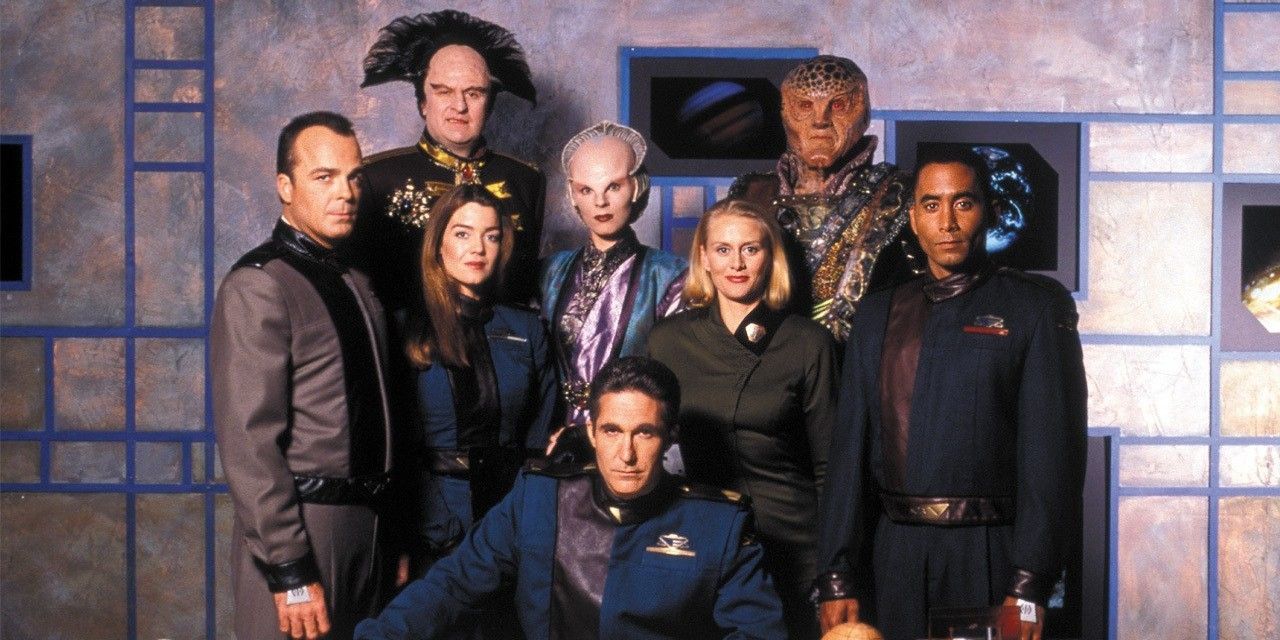Hailed as one of the great hits of the early '90s, the science fiction television series Babylon 5, created by Michael Straczynski, was ambitious and intricate, weaving long-running story arcs and delivering a space opera epic that rivaled the likes of Star Trek. Set on the titular massive space station that serves as the central meeting point for the various species of the galaxy, the series follows the staff and diplomats who are embroiled in several galaxy-wide conflicts, including one of the central events of the series: the war between the sinister Shadows and their sworn enemies, the Vorlons.
Making its debut in 1993, Babylon 5 initially aired on the Prime Time Entertainment Network (PTEN) before jumping to TNT for its final season. The show ran for 110 episodes and spawned six TV films and a spinoff series called Crusade. However, despite its popularity among niche sci-fi fans, the series ended after five seasons in 1998.
Many reasons were given for the show's ending; some claimed that the series was always meant to end after five seasons, while others claim that the PTEN's dissolution was to blame. As it turns out, the show's fourth season was almost its last. Unlike any other show at the time, Babylon 5 was conceived as a television novel with a pre-established beginning, middle and end that was meant to conclude naturally after five seasons.
The series, set in the year 2258, explored complex themes of war, philosophy and religion and slowly built up plots that paid offseasons later. Creator and producer Straczynski went to great lengths to pre-plan several series-long story arcs and developed as a 200-page story bible outlining every plot point of the series. However, while Babylon 5 was met with great success, the series faced a significant hurdle halfway through its run: the dissolution of the PTEN.
The PTEN was a collective of multiple independent television stations launched in 1993 and rivaled ABC, CBS and NBC. Despite attracting a decent audience, the network split into the WB and the UPN going into Babylon 5's fourth season, leaving the series' future in jeopardy. Believing his show wouldn't make a fifth season, Straczynski piled the culmination of several storylines into the fourth season, including the ending of the Shadow War and the fall of the Centauri Empire. However, cable network TNT agreed to pick up the series for its final season and produce a sequel series called Crusade, although the show wasn't successful and was canceled halfway through its first season.
Babylon 5 was a monument of its time, with several of its leading characters being considered some of the most popular of the genre and paving the way for future science fiction television series to follow. While no single reason has been hailed as the definitive one on the show's fate, there's no denying the impact the series made on popular culture, and it's still hailed as one of the greats today.



